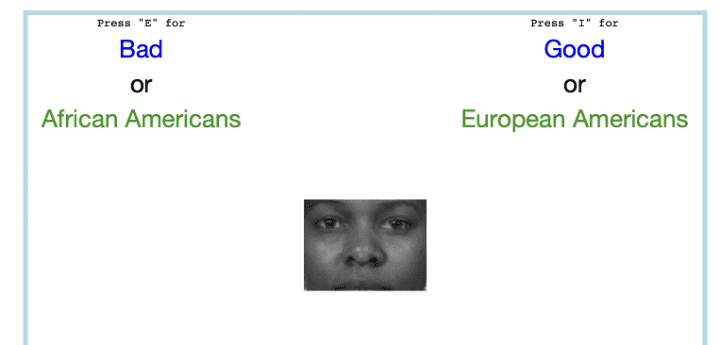
By: Nick Baker
A professor at the University of Iowa required freshman students in his Presidential Scholars Seminar course to take Harvard University’s implicit racial bias test, according to a tip submitted to YAF’s Campus Bias Tip Line.
Among the questions asked were: “How warm or cold do you feel towards Dark Skinned People?” and whether students would change their skin tones if able. Then students were told to categorize images of white and black faces when paired with terms such as “yucky,” “rotten,” and “dirty,” as well as “glorious,” “attractive,” and “magnificent.”
Students were also asked whether they would “feel somewhat self-conscious dancing with a Black person in a public place” and whether having a black neighbor would be upsetting.
Though these tests have become all too common in both academia and the workplace, there is little evidence to suggest that the findings are accurate or rooted in true science.
A freshman Iowa student, who spoke to YAF on the condition of anonymity, noted that she believes these tests are unnecessary and divisive.
“I felt very uncomfortable taking this test and feel that it is wrong and unnecessary. I feel that it imposes certain pressures upon and targets specific people.”
The original implicit association test was designed and published more than 24 years ago by two social psychologists, Anthony Greenwald and Mahzarin Banaji. Both have now conceded that their methodology is not scientifically sound, writing in 2015 that the test is “problematic to use to classify persons as likely to engage in discrimination.”
Nevertheless, implicit association tests have risen in popularity throughout the past decade and have become very useful tools in the arsenals of woke HR departments, campus diversity coordinators, and divisive public figures like Ibram X. Kendi.
The University of Iowa did not respond to YAF’s request for comment.
It’s well beyond time for our universities and schools to stop seeking out our differences and begin treating everyone with fairness, regardless of skin color.



